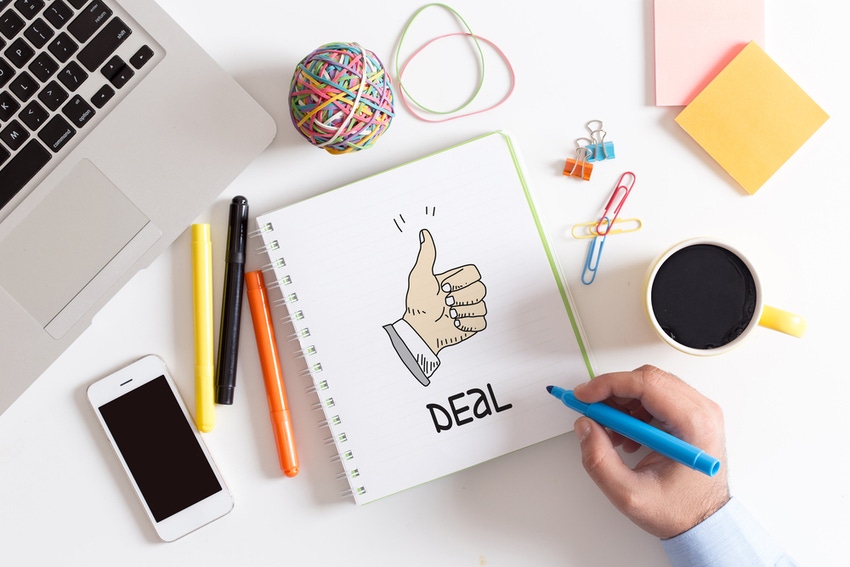Content Spotlight
Podcast: MilliporeSigma says education vital to creating unbreakable chain for sustainability
MilliporeSigma discusses the importance of people, education, and the benefits of embracing discomfort to bolster sustainability efforts.

Thermo Fisher Scientific and Arsenal Biosciences said its updated partnership will further advance the development of production processes for cancer treatments.
Contract development manufacturing organization (CDMO) Thermo Fisher first teamed up with clinical-stage cell therapy firm manufacturing chimeric antigen receptor (CAR)-T cell therapies ArsenalBio in 2020.
Under the terms of the deal, Thermo Fisher aimed to support ArsenalBio to tackle specific challenges connected with cell therapy production by working as a team to aid advancement of a clinical-scale gene editing procedure. Moreover, ArsenalBio had authorized early access to Thermo Fisher’s instrumentation and reagents.

DepositPhotos/garagestock
Last week, Thermo Fisher announced an update to this partnership in order to expand the advancement of manufacturing processes for new cancer treatments and said thus far, the collaboration has assisted ArsenalBio to create a production method for their programable autologous T cells used to treat cancer.
According to Thermo Fisher, ArsenalBio’s operations to develop multi-functional CAR-T cell therapies is supported by its Cell therapy Systems (CTS) products, which includes the Gibco CTS Rotea Counterflow Centrifugation System and the Gibco CTS Xenon Electroporation System.
“The Gibco CTS Xenon Electroporation System and the Gibco CTS Rotea Counterflow Centrifugation System are both cell therapy solutions offered by Thermo Fisher Scientific that are part of a closed, modular, automated workflow designed to easily scale from cell therapy development to commercial manufacturing,” Betty Woo, vice president of cell, gene and advanced therapies at Thermo Fisher Scientific told BioProcess Insider.
“As the industry explores non-viral methods for cell therapy delivery, electroporation is proving to be a popular and effective method that uses an electrical pulse to create temporary pores in the cell surface so macromolecules like DNA, RNA, or proteins can be introduced into the cell. The Xenon Electroporation System is ideal for GMP-compliant cell therapy manufacturing and performs electroporation efficiently at large volumes.”
Woo continued: “Counterflow centrifugation is a technique used to separate cells or particles from a liquid mixture based on their characteristics, including size and density. Our award-winning Rotea is a high-throughput closed system that applies counterflow centrifugation to a range of cell processing applications, including CAR-T cells and stem cells. It can be used at multiple points in researchers’ workflows – from cell separation to concentration to washing and buffer exchange.”
In related news, Thermo Fisher recently announced it is closing its Princeton, New Jersey cell therapy facility due to altered manufacturing demands. While Woo did not confirm where the work for this deal will take place, she did say it would be at “Thermo Fisher locations as well as customer sites.”
You May Also Like